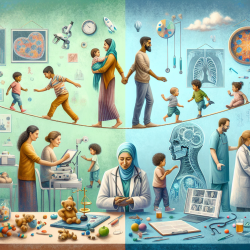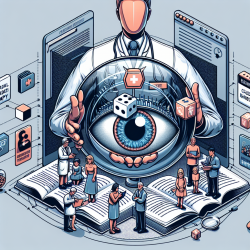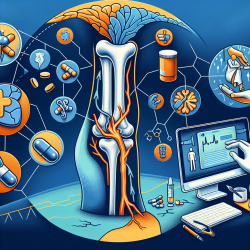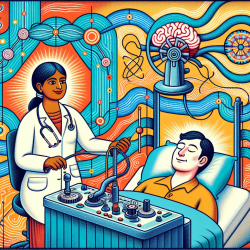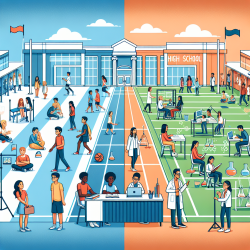Introduction
In the demanding world of medical training, the dual role of being a clinician and a parent can be overwhelming. The recent study titled "The double whammy: Advanced medical training and parenting" sheds light on the challenges faced by medical trainees who are also parents. This blog explores the findings and suggests ways practitioners can improve their skills and well-being by implementing the study's outcomes.
Understanding the Challenges
The study highlights the increased risk of burnout among medical trainees who are also parents. Notably, burnout is more prevalent among younger trainees, first-year fellows, and second-year residents, especially those with toddlers. Female residents and male fellows experience higher burnout levels compared to their counterparts.
Key factors contributing to burnout include limited access to opportunities, lack of a self-care routine, and absence of a social community outside of work. Institutional support, such as access to medical care and opportunities to express milk, is associated with lower burnout rates.
Implementing Interventions
To address these challenges, interventions can be categorized into individual, family, and institutional levels:
- Individual and Family Level: Encourage resilience, well-being, and mindfulness courses. Develop coping strategies and parenting resources to help trainees manage their dual roles effectively.
- Institutional Level: Ensure trainees are aware of available resources and possible accommodations. Implement mentoring plans to foster a supportive learning environment that balances training and parenting.
Encouraging Further Research
While this study provides valuable insights, further research is needed to explore additional factors influencing burnout and well-being among medical trainees. Practitioners are encouraged to delve deeper into this topic to develop comprehensive strategies that support trainees in balancing their professional and personal lives.
Conclusion
Burnout is a significant concern for medical trainees who are also parents. By implementing targeted interventions at individual, family, and institutional levels, we can create a positive learning environment that reduces burnout and enhances well-being. This approach not only benefits trainees but also contributes to better outcomes for patients and healthcare institutions.
To read the original research paper, please follow this link: The double whammy: Advanced medical training and parenting.
